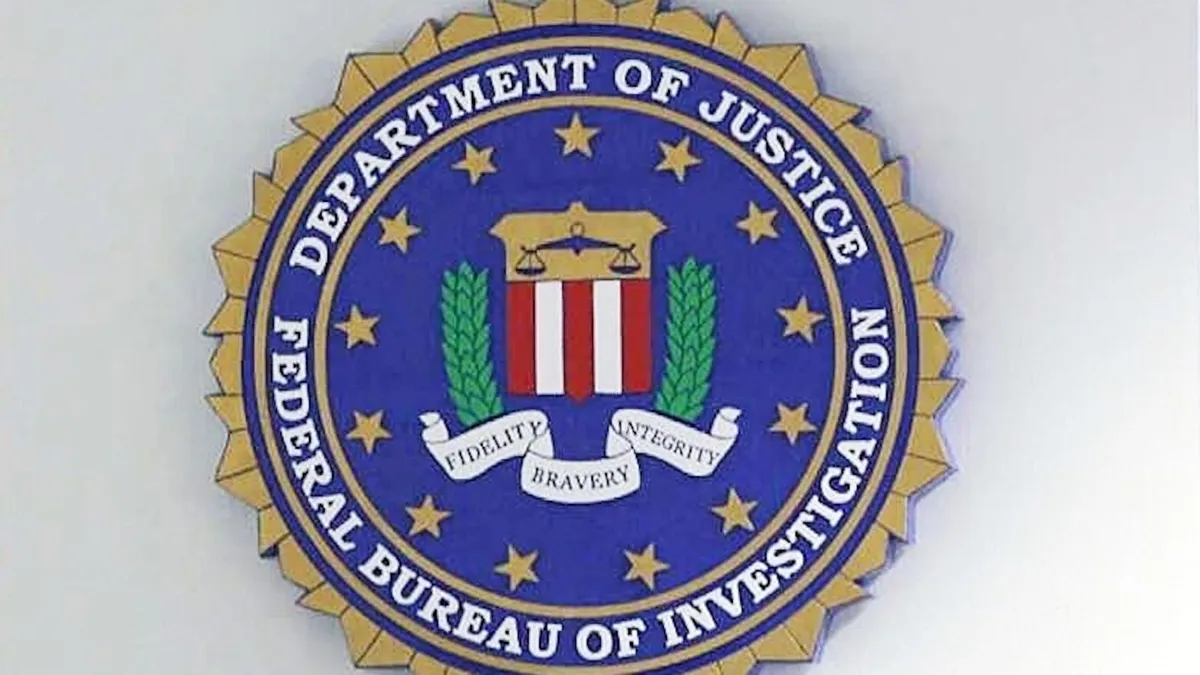
On Sunday, senior officials from the FBI and the Department of Homeland Security (DHS) conducted critical conference calls with multiple state governors and top law enforcement officials across the United States. These discussions focused on the implications of the recent U.S. missile strikes in Iran on the current threat environment, as reported by sources to ABC News.
During the calls, which included participation from hundreds of state and local law enforcement representatives, an FBI official indicated that the agency is adjusting its security posture in light of the military actions against Iran. This adjustment involves an increase in personnel presence within the FBI offices and a continued effort to monitor intelligence and engage with various sources.
Despite these heightened security measures, sources confirmed that there is currently no specific intelligence regarding a direct or credible threat to the U.S. homeland. The primary aim of the call with the governors was to ensure that states remain informed about the evolving threat landscape and to encourage coordination with relevant state agencies, infrastructure partners, and other entities that may be at risk.
Federal officials emphasized the need for vigilance, particularly regarding potential increases in cyber activity within individual states. They urged governors and their teams to proactively engage with state agencies and private sector partners, especially those associated with Jewish communities or groups that have ties to Israel. This proactive approach is deemed essential to mitigate risks associated with potential retaliatory actions.
In the call with law enforcement, representatives from the Secure Community Network (SCN), an organization dedicated to protecting Jewish institutions throughout the country, were present. Michael Masters, SCN's national director and CEO, highlighted the heightened risk of violence against Jewish institutions in the aftermath of the U.S. government’s alignment with Israel's military actions against Iran. He noted a significant rise in violent social media posts targeting the Jewish community—more than 1,600 within hours of the strikes, a number that continues to escalate.
Masters expressed concerns regarding Iran's possible responses, referencing historical patterns where the Iranian regime has typically refrained from striking within the U.S. unless a critical "red line" was crossed. He asserted that the U.S. military action has indeed crossed that threshold, indicating a potential shift in Iranian tactics.
Jim Dunlap, deputy secretary for analysis at the DHS Office of Intelligence and Analysis, corroborated these concerns, stating that the recent U.S. actions have elevated the threat environment domestically. However, he added that any retaliatory measures by Tehran are likely contingent upon how threatened the regime perceives its stability to be. While there have been no direct calls for violence against the U.S. homeland from Iranian officials, Dunlap assured that DHS is closely monitoring for any signs of escalating threats.
In light of the evolving situation, the Homeland Security Department released a bulletin urging the public to remain vigilant and report any suspicious activities. DHS Secretary Kristi Noem highlighted the potential for increased threats, including cyberattacks, acts of violence, and antisemitic hate crimes, stemming from the ongoing conflict in Iran.
While all state governors were invited to participate in the call, not all were able to attend due to various commitments, leading to some states being represented solely by their staff members. This collaborative effort underscores the importance of communication and preparedness in confronting the challenges posed by an increasingly volatile threat environment.